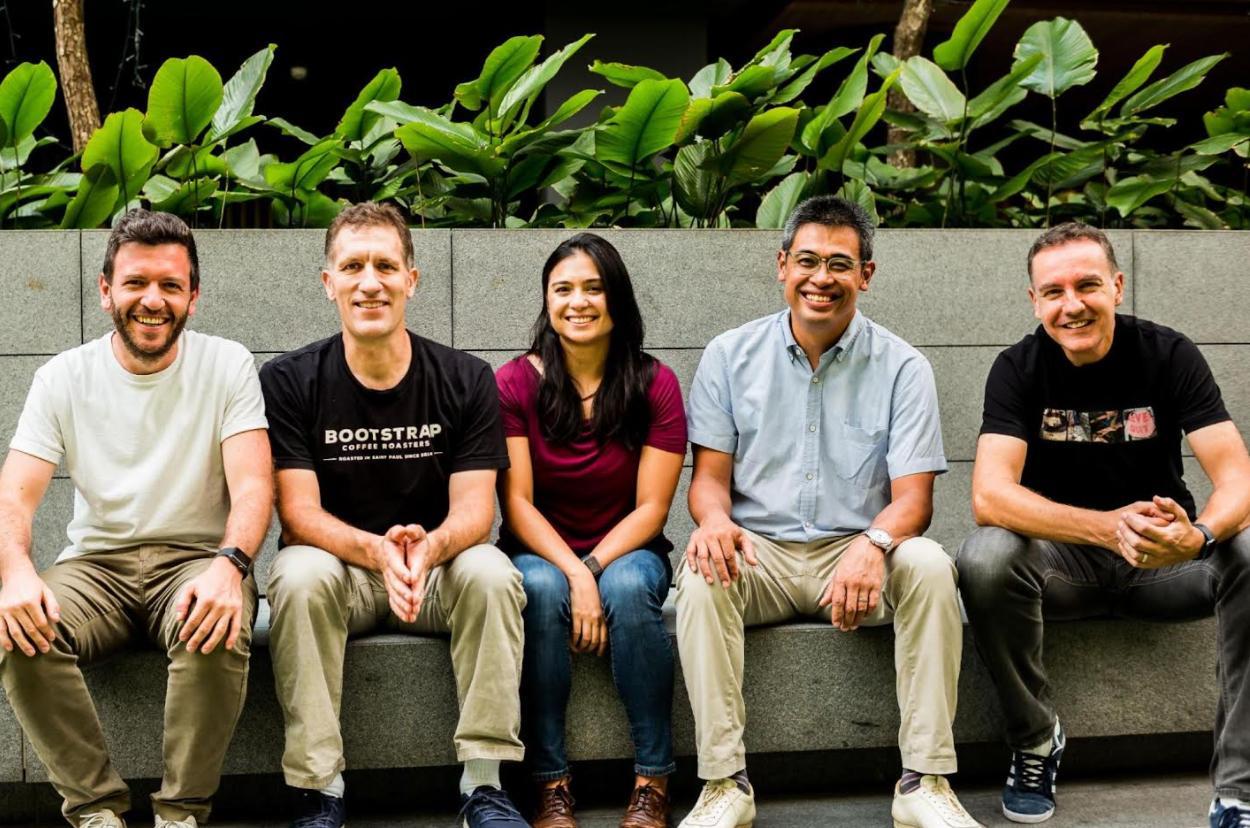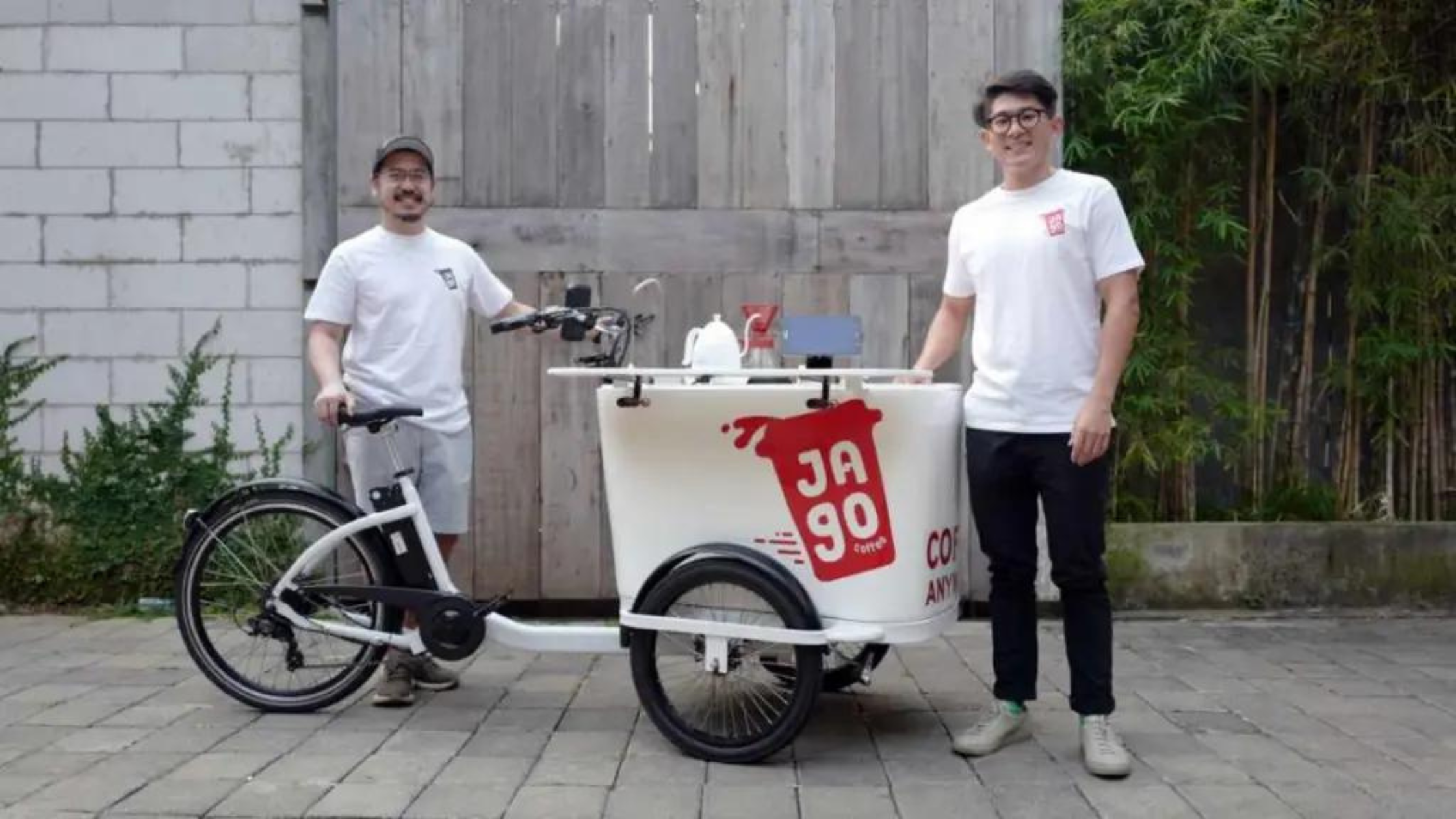AsiaTechDaily – Asia's Leading Tech and Startup Media Platform

Wavemaker Partners launches climate tech venture builder in SE Asia
Singapore-based venture capital firm Wavemaker Partners has launched a first-of-its-kind climate tech venture builder in Southeast Asia to step up decarbonization efforts.
The firm said it targets to raise $25 million for Wavemaker Impact, a climate tech venture builder that co-founds sustainability-focused businesses in Southeast Asia with proven entrepreneurs.
It aims to rally individuals, investors, and businesses who care about the planet, and want to make a rapid, tangible change in the reduction of carbon emissions.
Marie Cheong, one of the founding members, said their existing technology already has the solutions to cut global carbon emissions by 50%. However, they need to create incentives to disrupt traditional businesses, change behavior, and drive adoption.
Wavemaker Impact has identified high-growth and scalable opportunities in climate change with a total potential market worth $2 trillion in Southeast Asia alone.
The fund is looking for investors, entrepreneurs, and founders to join in its rapid decarbonization efforts considering that climate change is an existential threat for the region. Three of the largest cities here are facing the threat of being underwater by 2050.
“A lot of entrepreneurs want to make an impact, but don’t know where to start and that’s where we come in,” she said.
Tapping on the Wavemaker platform, Wavemaker Impact entrepreneurs will have access to a network of global investors, advisors, and corporate partners.
Steve Melhuish, PropertyGuru founder and impact investor, explained that they co-found businesses, help them identify the biggest opportunities, acquire the first customers, develop scalable business models, build product prototypes, and build the best teams.
Paul Santos, managing partner, added that they are looking for like-minded people to join them in this ‘exciting’ journey.
The team has already identified over 50 opportunity areas with the potential to reach US$100 million in annual recurring revenue and abate 100 million metric tons of carbon at scale – what they call ‘100 x 100 companies’. These sectors include land use and carbon sinks, agriculture and food, industrial processes, and energy.





